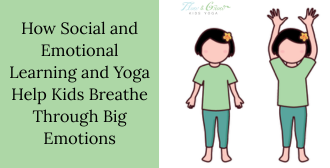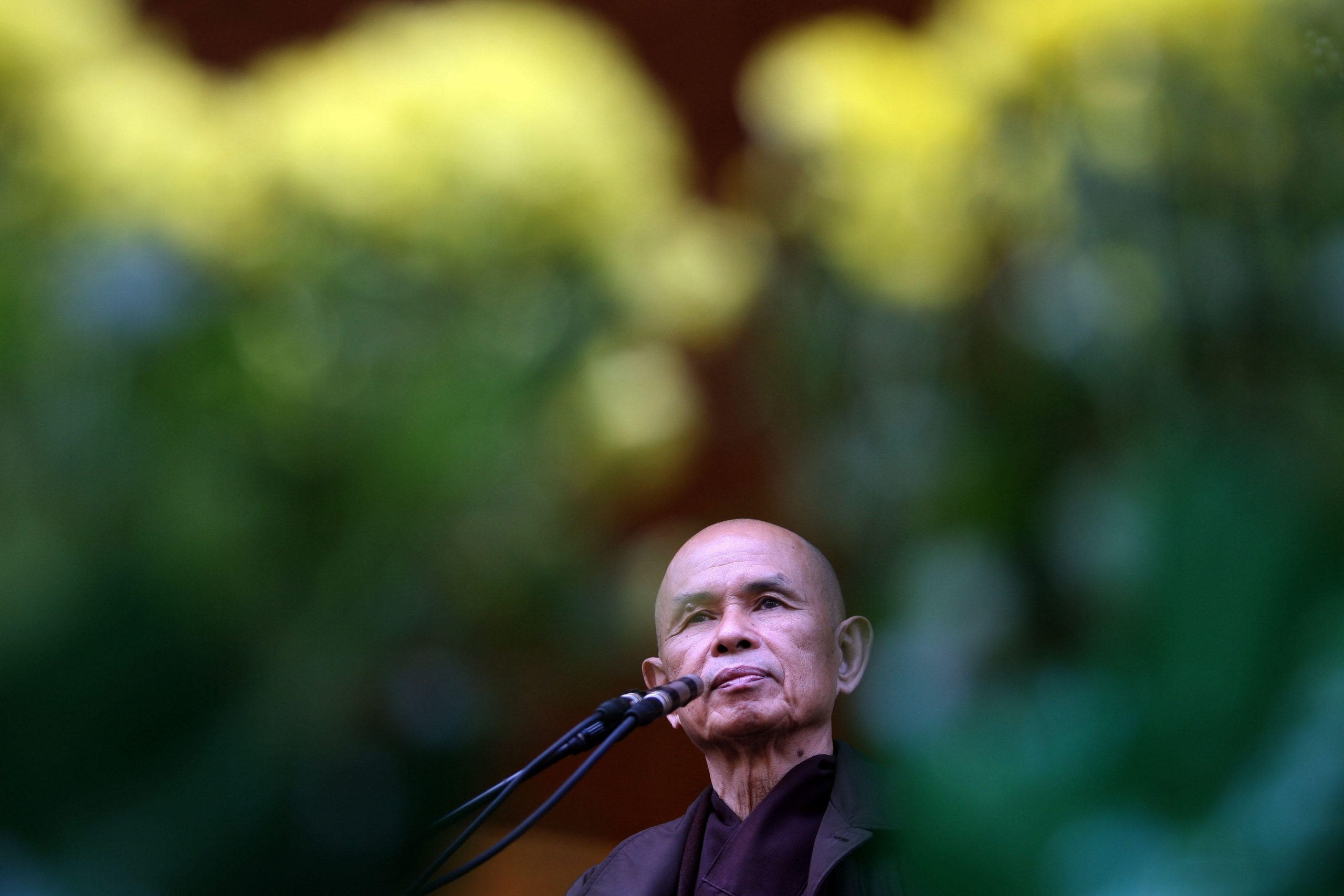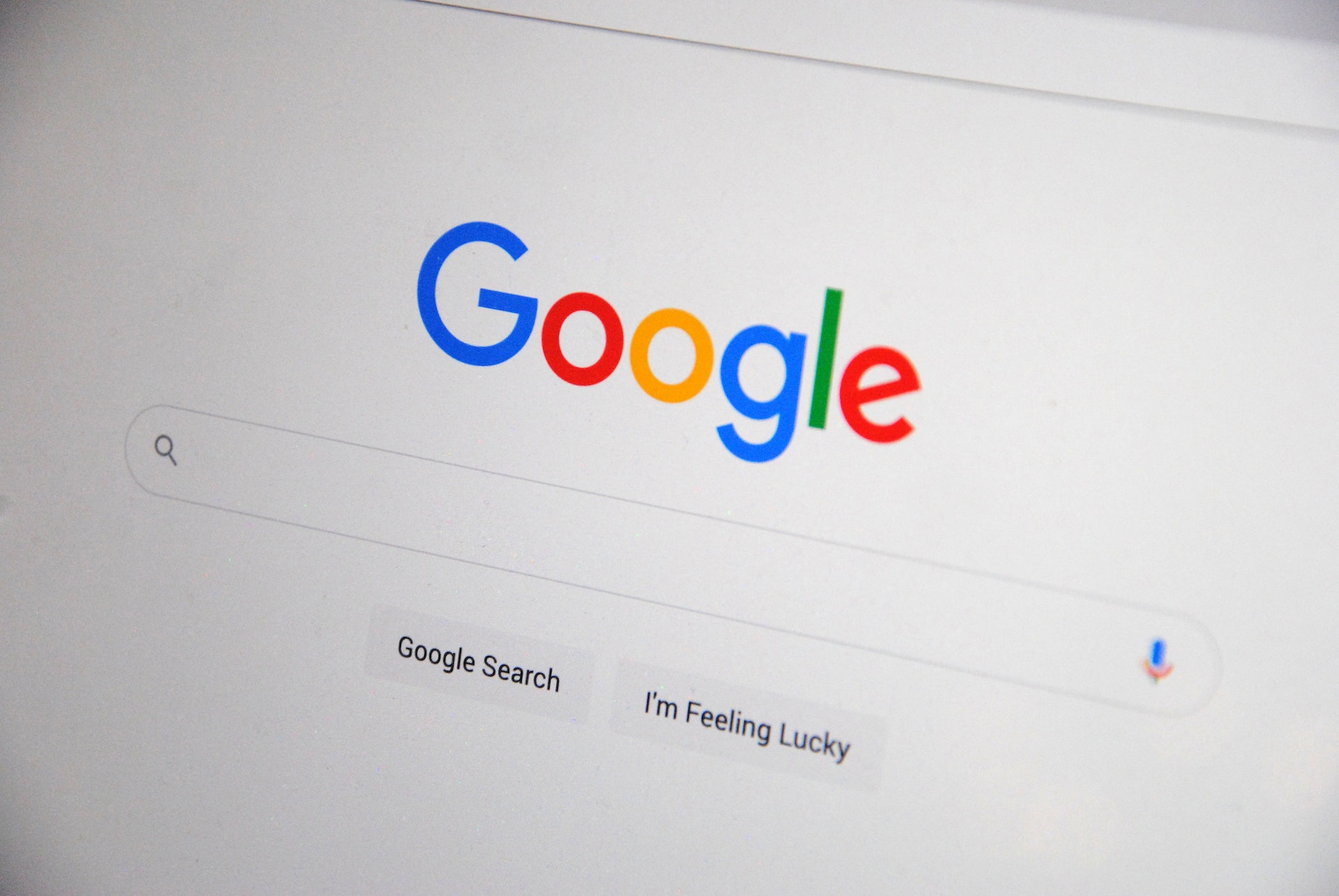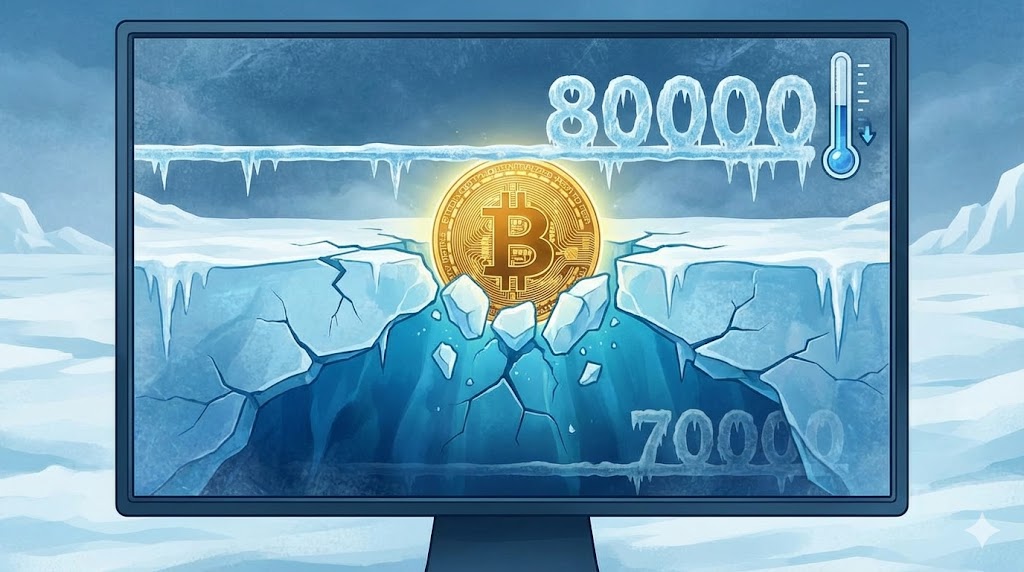Stages of Burnout You Didn’t Sign Up For (Who would?!)
Let’s talk about the stages of burnout — not from a clinical distance, but from the place where your eyes are twitching, your brain feels fried, and you’re Googling “How to disappear without ruining my credit score?” Burnout isn’t...

Let’s talk about the stages of burnout — not from a clinical distance, but from the place where your eyes are twitching, your brain feels fried, and you’re Googling “How to disappear without ruining my credit score?” Burnout isn’t just a fancy word for being tired. It’s an actual, painful, real thing that sneaks up on you, especially if you're juggling work, life, people, and a society that seems to treat stress like a badge of honor.

The Five Stages of Burnout (Yes, There Are Stages)
Let’s break it down: according to psychologist Herbert Freudenberger, who coined the term “burnout,” there are actually five stages. And guess what? Most of us are cruising through them without even realizing it.
The Honeymoon Phase

You're full of energy, new job or project vibes, and you’re working those long hours with a weird kind of pride. Everything feels exciting. This stage is powered by positive emotions and high stress levels that haven’t caught up to you yet. You’re basically vibing… until you're not.
This phase can last a few days or several months. You might be so deep in it, you don’t notice you’ve stopped eating lunch or taking breaks. You think you're thriving, but your body is already whispering, “Hey, maybe slow down?”
Still, you ignore the whisper. And then you ignore the tired eyes, and the weekend fatigue. Before you know it, you’re in the next stage.
The Onset of Stress

The shine starts to fade. You’re still functioning, but the little things start to bug you. You’re snapping at emails, avoiding coworkers, or maybe avoiding responsibilities entirely. Your own needs start slipping because who has time for lunch, right? This is the second stage of burnout, where individuals become workaholics, ignoring fatigue in favor of continuous work.
Here’s where mental fatigue shows up. You might start forgetting stuff, zoning out in meetings, or wondering why everything suddenly feels… harder. This is the moment to hit pause and check in. But most of us just keep pushing.
Even worse, you convince yourself that everyone else is handling it, so you should too. That’s the dangerous lie burnout tells.
You May Also Want To Read: How To Handle Burnout And Toxic Stress In The Workplace
Chronic Stress

Welcome to the land of prolonged stress. You’re irritable. Tired all the time. Persistent fatigue becomes your baseline. That tension headache? Your new best friend. You start noticing physical symptoms and behavioral changes. You might even be losing your filter in meetings (oops).
Everything that was fun now feels like a chore. Your motivation disappears, and so does your patience. Your social interactions drop. You’re stuck in a loop of to-do lists and guilt.
Furthermore, you're now noticing just how many things you've let slip. You stop replying to texts. Most of the time, you forget important deadlines. You basically start drifting.
Burnout Proper

This is where it gets real. You’re emotionally drained, losing focus, and honestly? You feel hopeless. Emotional exhaustion hits like a truck. You might be experiencing burnout syndrome full-blown now—the kind that makes getting out of bed feel like a victory. Work burnout and job burnout both crash in here. Your well being? Hanging on by a thread.
You start asking, “Is this even worth it?” and the silence that follows is scary. Your brain is foggy. Your heart feels heavy. And that dream job? It feels like a prison cell now.
At this point, every task feels monumental. Even deciding what to eat is exhausting. The days blur. And nothing feels right.
Habitual Burnout

This is when burnout becomes a chronic condition. It seeps into your personal life, your daily life, your everything. You’re stuck in survival mode, and that’s when stuff like severe anxiety, chronic headaches, or chronic fatigue may kick in. This level of burnout doesn’t just disappear on its own. Untreated burnout needs serious care—and probably professional help.
You might start feeling numb all the time. No ups, just meh. You ghost your friends. You avoid your inbox. And no, a weekend off won’t fix it.
Eventually, you can’t remember when you last felt excited about anything. Joy becomes a foreign concept. You’re existing, not living.
Burnout Is an Occupational Phenomenon

According to the World Health Organization, burnout is an occupational phenomenon. It isn’t just about being tired. It’s about unmanaged workplace stress over a prolonged period. Burnout is sneaky—it doesn’t happen overnight, and that's what makes it dangerous.
And just to add: it’s not a personal failure. It’s often a systemic issue wrapped in deadlines and disguised as hustle.
Also Read: Are You Overworking? 7 Important Steps To Avoid Burnout
Signs of Burnout to Watch Out For

Here are some warning signs to keep on your radar:
Feeling cynical or detached Irritability over small stuff Poor sleep and weird dreams Constant physical fatigue No desire for social interactions That loop of negative self talk that won’t shut up Feeling overwhelmedAlso add: trouble concentrating, forgetting appointments, zoning out mid-conversation. If you’re reading this and nodding, please keep going.
Physical Health Takes a Hit Too
Burnout doesn’t just wreck your mood—it messes with your body. We’re talking physical exhaustion and ailments like tension headaches, gut issues, and lowered immunity. Your nervous system gets stuck in fight-or-flight mode. You’re tired, wired, and wondering why you’re getting sick so often.
This part is often ignored. But your body literally keeps the score. When your body says stop, you better listen.
Emotional Numbness Isn’t Rest
Feeling nothing? That’s not self care, that’s emotional numbness. It’s your brain protecting you from overload, but it also means you're tapped out.
You start to feel like a shell of yourself. Guess you even go through motions. You smile in meetings but cry in your car.
Eventually, you stop feeling anything. Even anger. Not even joy. And probably, not even hope.
The Mental Health Spiral
This is when your mental health starts to seriously dip. You lose interest in things you used to love. Self doubt creeps in. Imposter syndrome shows up with its suitcase. Burnout doesn’t just kill your motivation; it convinces you it’s your fault.
And that guilt? It makes you isolate. You stop reaching out. You tell people you’re “just busy.” But you’re drowning in increasing isolation.
Burnout at Work, Burnout at Home
Burnout doesn’t respect boundaries. It bleeds into interpersonal relationships, family members, and your personal values. You start canceling plans. Snapping at loved ones. Wondering if you’re the problem (spoiler: you’re just burnt out).
You stop showing up for birthdays. You stop texting back. And it’s not because you don’t care—it’s because you have nothing left to give.
Burnout Symptoms You Can’t Ignore
Let’s keep it real—burnout symptoms aren’t always dramatic. Sometimes it’s just crying in the shower or forgetting basic tasks. It’s that low-grade hum of dread every morning. It’s the guilt for not “doing more.”
Burnout isn’t always obvious. Sometimes it looks like “just being tired” for six months straight.
What Triggers Burnout?
High stress levels, lack of work life balance, perfectionism, toxic work environments, no clear boundaries, and unrealistic expectations. Basically, our entire modern lifestyle.
Even things that seem “fun” (like weddings or moving) can trigger it. Because stress is stress, even when it wears glitter.
Recognize Burnout Before It Becomes You
The earlier you recognize burnout, the easier it is to turn it around. It’s a gradual process, which means you have windows of opportunity to pause, check in, and adjust.
Don’t wait until your body shuts down. You deserve more than just surviving.
How to Actually Recover From Burnout

Let’s talk solutions—because yes, burnout can be successfully managed.
Prioritize Self Care (Seriously)
No, not bubble baths. Real self care. Sleep. Food. Movement. Saying no. Setting boundaries. Logging off.
Prioritize self care like it pays your bills—because without it, you won’t last long enough to enjoy what you’re working for.
Seek Professional Help
A mental health professional or health professional can help you figure out the root cause and guide you out. If burnout is severe, medical attention might be needed.
This isn’t weakness. This is wisdom.
Reconnect With Your Values
Take time to think about your personal values. Are you living in a way that aligns with them? Or are you just surviving?
Make space for what matters. And yes, that might mean walking away from what doesn’t.
Rebuild Your Energy Levels
Your energy levels are like a phone battery—stop draining them on apps you hate. Schedule breaks. Protect your rest.
You can’t pour from an empty cup, remember?
Mindfulness Practices Work
Try journaling, walking, breathing, or just staring out a window without doomscrolling. Little resets help a lot.
Mindfulness practices don’t have to be fancy. They just have to be consistent.
Let People In
Burnout makes you isolate. Don’t. Talk to your family members, your friends, your therapist. Provide support, receive support.
Connection heals. Let someone see you.
Make Room for Joy
Yes, joy. It's not silly—it’s essential. Dance. Eat ice cream. Laugh. Watch trash TV. Burnout hates joy.
Find something that makes you feel alive again—even if just for a minute.
Clear Boundaries Save Lives
Repeat after me: “That’s not my problem.” Now say it again. Clear boundaries with work and people are your new superpower.
Protect your peace like your life depends on it. Because it kind of does.
Take an Extended Leave If You Need It
If you have the option, take an extended leave. You don’t have to hit rock bottom to justify rest.
Even machines need shutdown time. You’re not a machine.
Respect the Slow Comeback
Recovery isn’t instant. Burnout took time to build; it’ll take time to undo. Be patient. Celebrate small wins.
Healing isn’t linear. It’s okay to rest, reset, and restart again.
Don’t Wait Until It Breaks You

Burnout isn’t a badge of honor. It’s a warning system. Recognizing the early stages is crucial. Your body, your brain, your soul—they’re all waving red flags. Don’t wait until you’re on the floor crying over a Slack notification.
You didn’t sign up for burnout. But now that you see the signs, you can do something about it. You’re allowed to stop. To breathe. To ask for help. And yes, to rest without apology.
And hey, if no one told you today? You’re doing your best. You’re allowed to choose yourself. Burnout might have dragged you down, but it doesn’t get to keep you there.

 Kass
Kass 





























